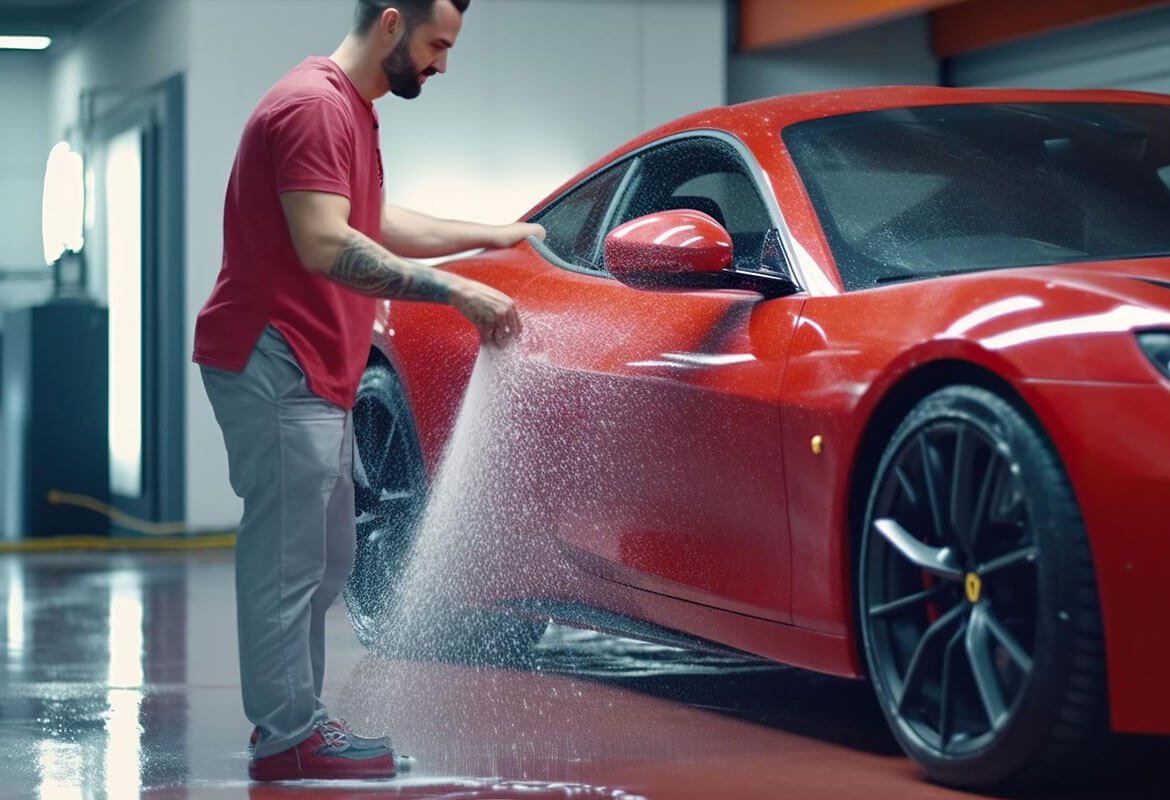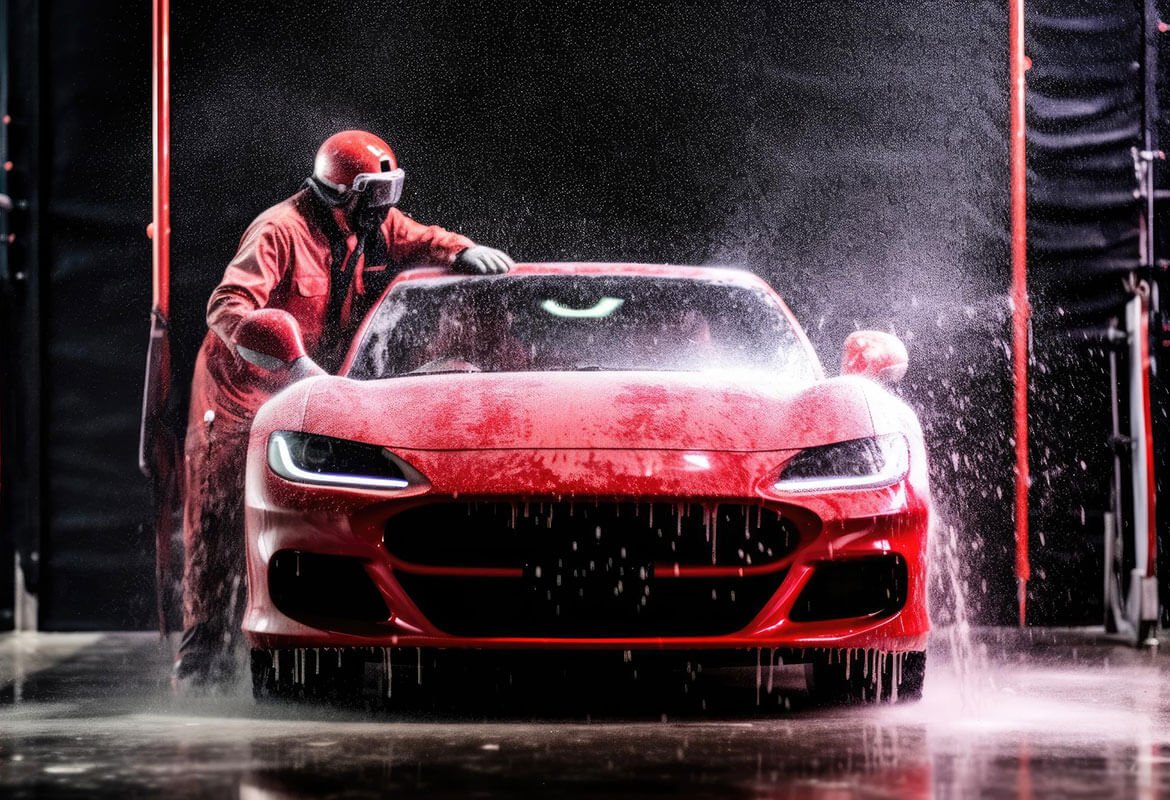The Psychology of Car Colors: Why Your Subconscious Chooses That Shade
Have you ever wondered why you’re drawn to a specific car color? Whether it’s a sleek black sedan, a fiery red sports car, or a calming blue SUV, the color you choose is more than just a stylistic preference—it’s a reflection of your personality, emotions, and even cultural influences. Car colors can influence perceptions, resale value, and even driving behavior. In this deep dive into the psychology of car colors, we’ll explore the hidden meanings behind popular shades, their impact on drivers, and how they shape the automotive world.
The Science Behind Color Psychology
Color psychology is the study of how colors influence human emotions and behavior. From marketing strategies to branding decisions, colors play a crucial role in shaping perceptions. The automotive industry is no exception. Studies show that color preferences are linked to personality traits, cultural backgrounds, and even subconscious associations with emotions.
Factors Influencing Car Color Choices:
- Personality Traits – Extroverts may prefer bold colors, while introverts lean toward neutral shades.
- Cultural Influences – Different cultures have varying associations with colors.
- Climate and Environment – Dark colors absorb heat, making them less popular in warm regions.
- Trends and Marketing – Automakers often introduce limited-edition colors to create demand.
- Resale Value – Some colors hold their value better than others in the used car market.
Now, let’s break down the most popular car colors and what they reveal about their drivers.
What Your Car Color Says About You
1. Black – The Power Player
Personality Traits: Sophisticated, authoritative, ambitious.
Black exudes elegance, power, and luxury. It’s the preferred color for luxury sedans, limousines, and high-end vehicles like Rolls-Royce and Mercedes-Benz. People who choose black cars tend to be confident, reserved, and prefer a timeless aesthetic.
Psychological Associations:
- Authority and professionalism.
- Mystery and exclusivity.
- Often seen in corporate and luxury settings.
Drawback:
- Hard to keep clean, as dirt and scratches are more visible.
2. White – The Minimalist’s Choice
Personality Traits: Pure, organized, modern.
White is the most popular car color globally. It’s associated with cleanliness, simplicity, and innovation—think of Apple’s branding. Drivers who choose white cars are often seen as practical, detail-oriented, and contemporary.
Psychological Associations:
- Purity and honesty.
- Modern and futuristic appeal.
- Popular for eco-friendly and electric vehicles (e.g., Tesla Model 3).
Drawback:
- Prone to visible dirt and stains, requiring frequent washing.
3. Red – The Bold Statement
Personality Traits: Passionate, energetic, confident.
Red cars command attention. It’s the color of excitement, speed, and adventure—often chosen for sports cars like Ferraris. Drivers who prefer red are typically extroverted, ambitious, and thrill-seekers.
Psychological Associations:
- Love, passion, and excitement.
- Increased heart rate and adrenaline rush.
- Often linked to fast and high-performance vehicles.
Drawback:
- More likely to attract police attention for speeding (though studies on this are inconclusive).
4. Blue – The Trustworthy Choice
Personality Traits: Loyal, calm, reliable.
Blue represents stability, tranquility, and trust. It’s a popular choice for family cars and sedans, often driven by people who prioritize reliability and professionalism.
Psychological Associations:
- Calming and peaceful.
- Linked to intelligence and stability.
- Preferred by those who want a balance between personality and practicality.
Drawback:
- Darker blues can fade over time due to sun exposure.
5. Silver – The Futurist
Personality Traits: Innovative, forward-thinking, practical.
Silver is a color associated with modern technology, high efficiency, and sophistication. It’s a common choice for tech-savvy individuals and executives who want a sleek, futuristic appeal.
Psychological Associations:
- High resale value due to its neutral and appealing look.
- Reflects innovation and forward-thinking.
- Often found on luxury and performance vehicles.
Drawback:
- Can appear bland compared to bolder colors.
6. Gray – The Understated Professional
Personality Traits: Mature, practical, neutral.
Gray is a safe, middle-ground color that appeals to professionals and pragmatic drivers. It’s less flashy than silver but still offers a modern and refined look.
Psychological Associations:
- Neutral and balanced mindset.
- Less likely to attract attention (ideal for low-profile drivers).
- Resale value remains steady.
Drawback:
- May be perceived as lacking excitement or personality.
7. Green – The Nature Lover
Personality Traits: Eco-conscious, unconventional, grounded.
Green is a less common car color but appeals to nature lovers and those who embrace individuality. It was popular in the 90s but has since declined in mainstream popularity.
Psychological Associations:
- Linked to eco-friendliness and environmental awareness.
- Encourages calmness and relaxation.
- Symbolizes uniqueness and independence.
Drawback:
- Limited resale market due to its niche appeal.
8. Yellow – The Optimist’s Choice
Personality Traits: Cheerful, fun-loving, spontaneous.
Yellow cars are rare but make a bold statement. They are often chosen by drivers with playful personalities and an optimistic outlook on life.
Psychological Associations:
- Linked to happiness and creativity.
- Found on sporty and compact cars (e.g., Volkswagen Beetle).
- Often a favorite among young drivers.
Drawback:
- Limited availability and lower resale value.
9. Orange – The Adventurer
Personality Traits: Energetic, daring, fun-loving.
Orange cars stand out and are often associated with adventure-seekers and nonconformists. This color is common in off-road vehicles and sports cars.
Psychological Associations:
- Represents enthusiasm and individuality.
- Associated with rugged SUVs and performance cars.
- Appeals to drivers who love standing out from the crowd.
Drawback:
- Uncommon, making it harder to resell.
10. Brown/Beige – The Down-to-Earth Choice
Personality Traits: Practical, reliable, traditional.
Earthy tones like brown and beige symbolize stability and reliability. These colors appeal to conservative, down-to-earth individuals who prioritize function over flash.
Psychological Associations:
- Evokes a sense of warmth and simplicity.
- Less likely to show dirt, making maintenance easier.
- Popular among older generations.
Drawback:
- Not as visually striking or trendy.
Conclusion
Your choice of car color is a powerful reflection of your personality, emotions, and even lifestyle. While some people choose based on trends or resale value, others are subconsciously drawn to colors that align with their inner traits. Understanding the psychology behind car colors can help you make a more informed decision when purchasing your next vehicle.
So, what does your car color say about you? Are you a bold red sports car lover or a sleek black luxury sedan driver? Let us know in the comments!







